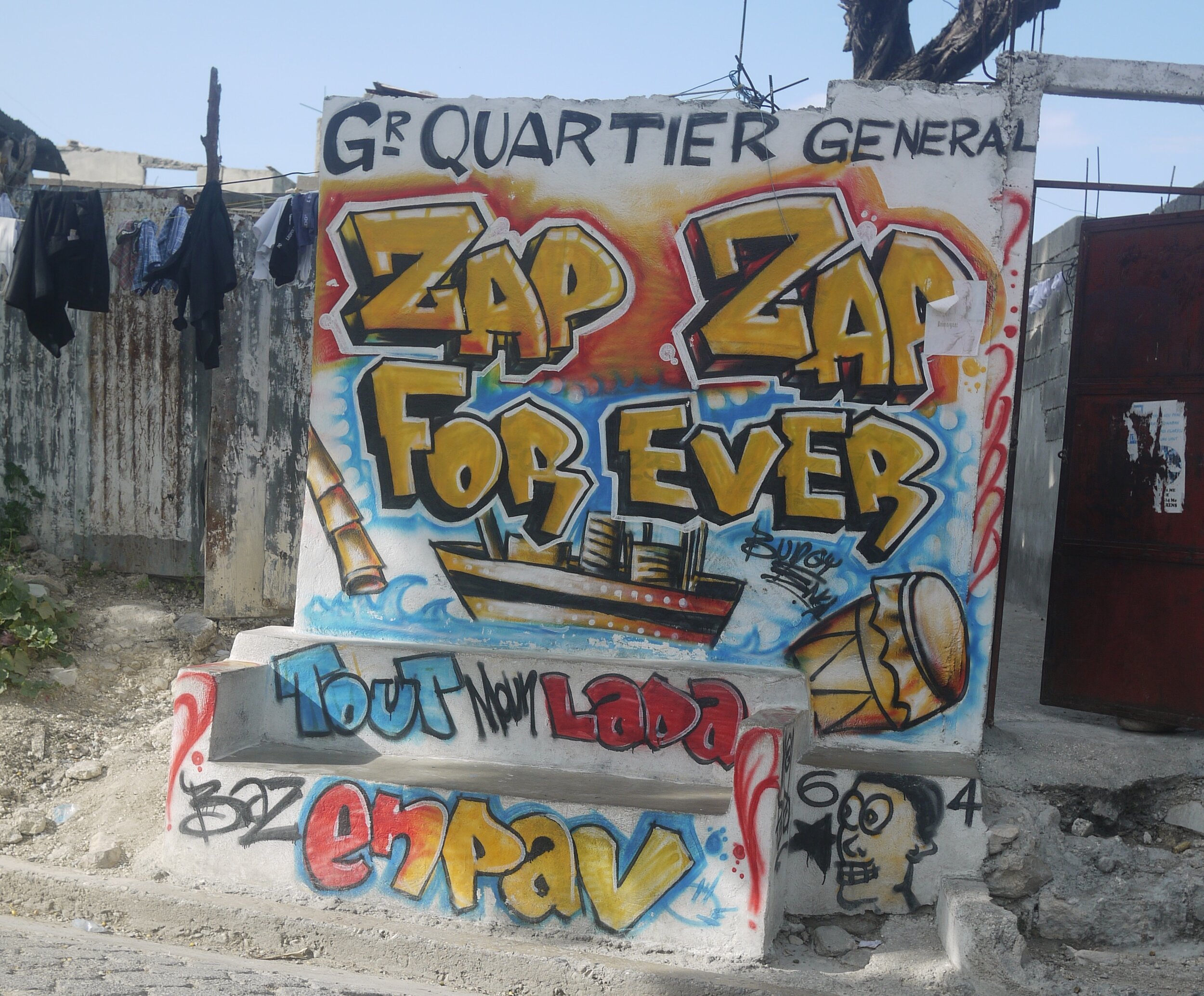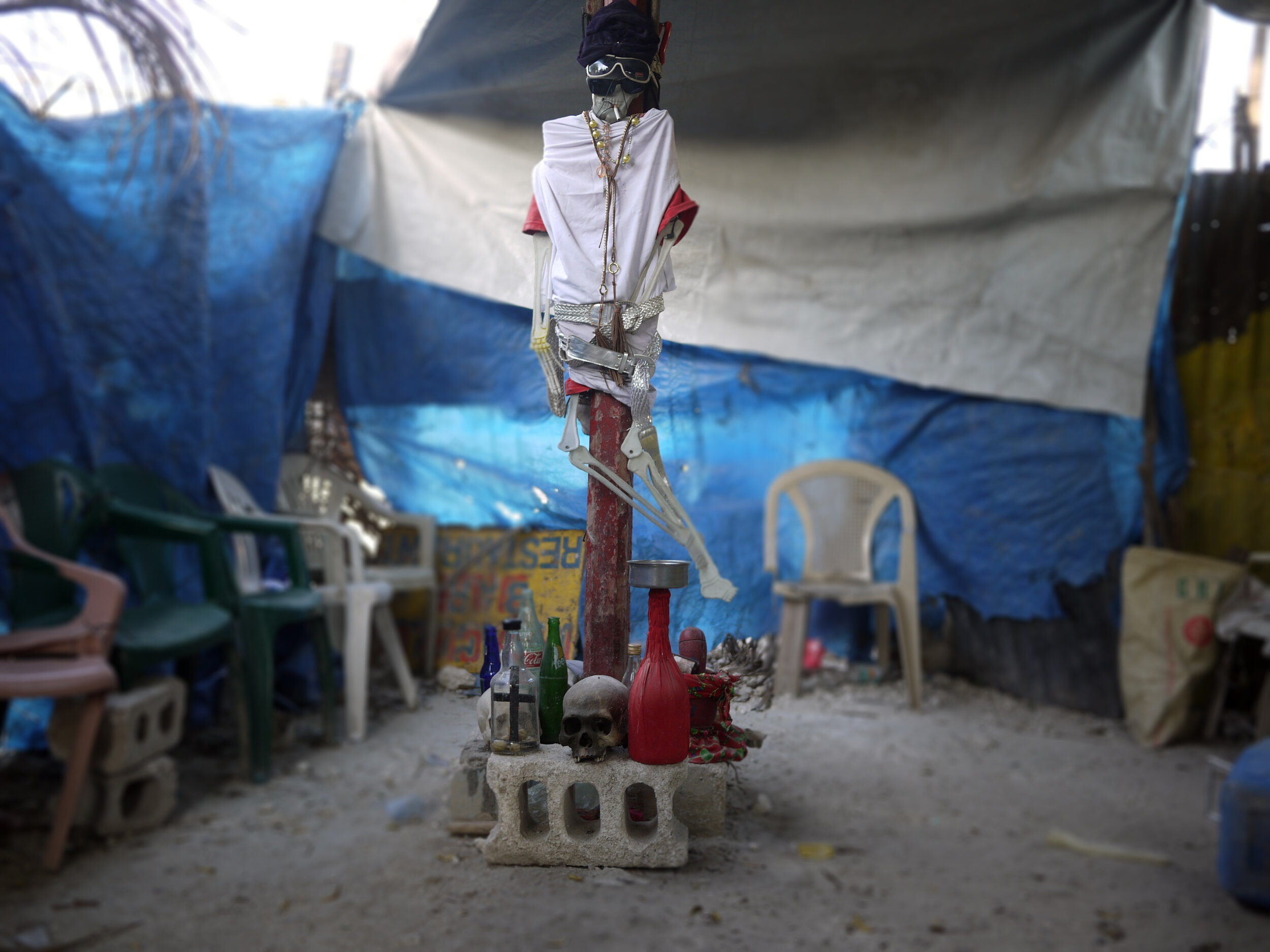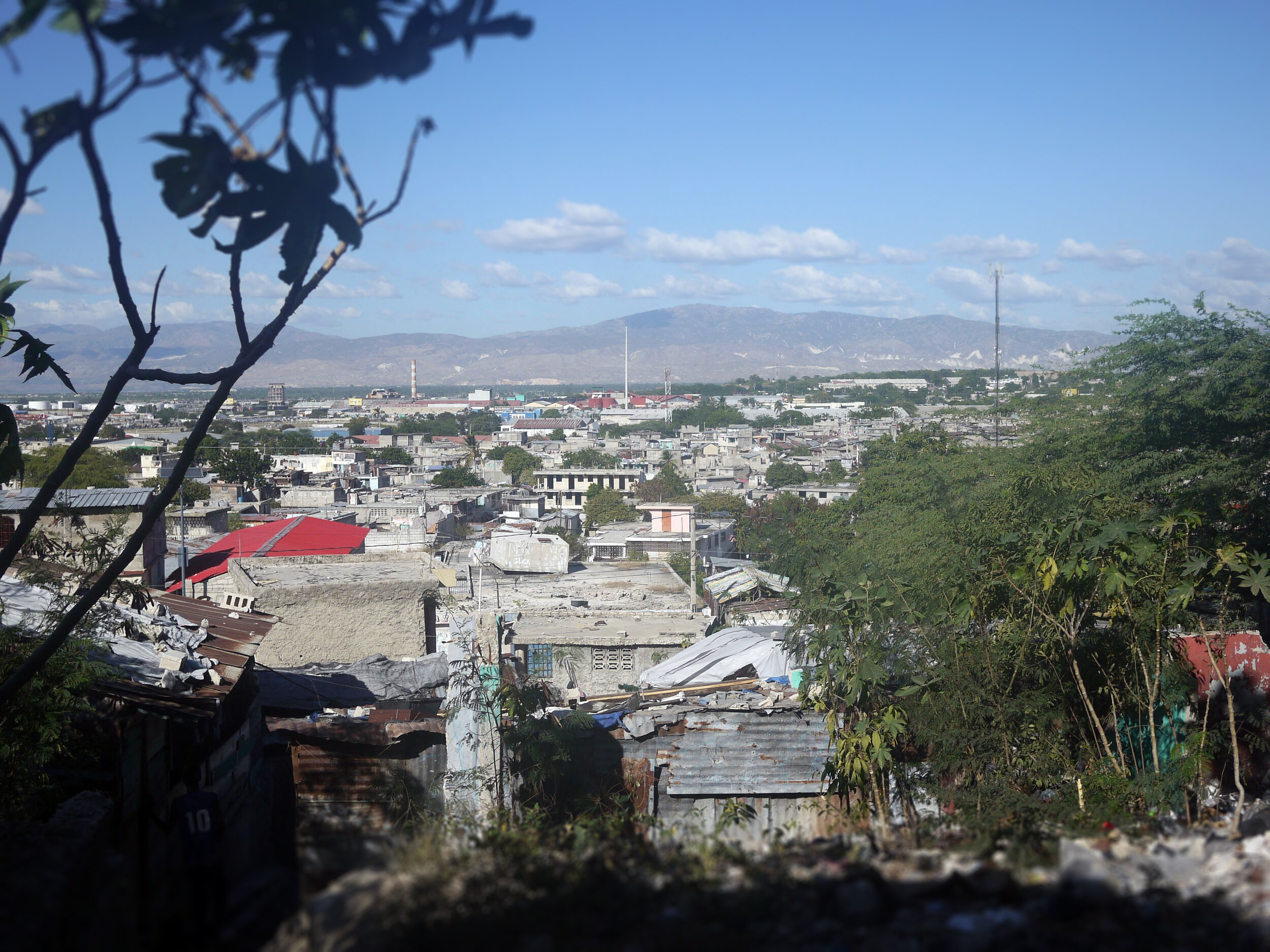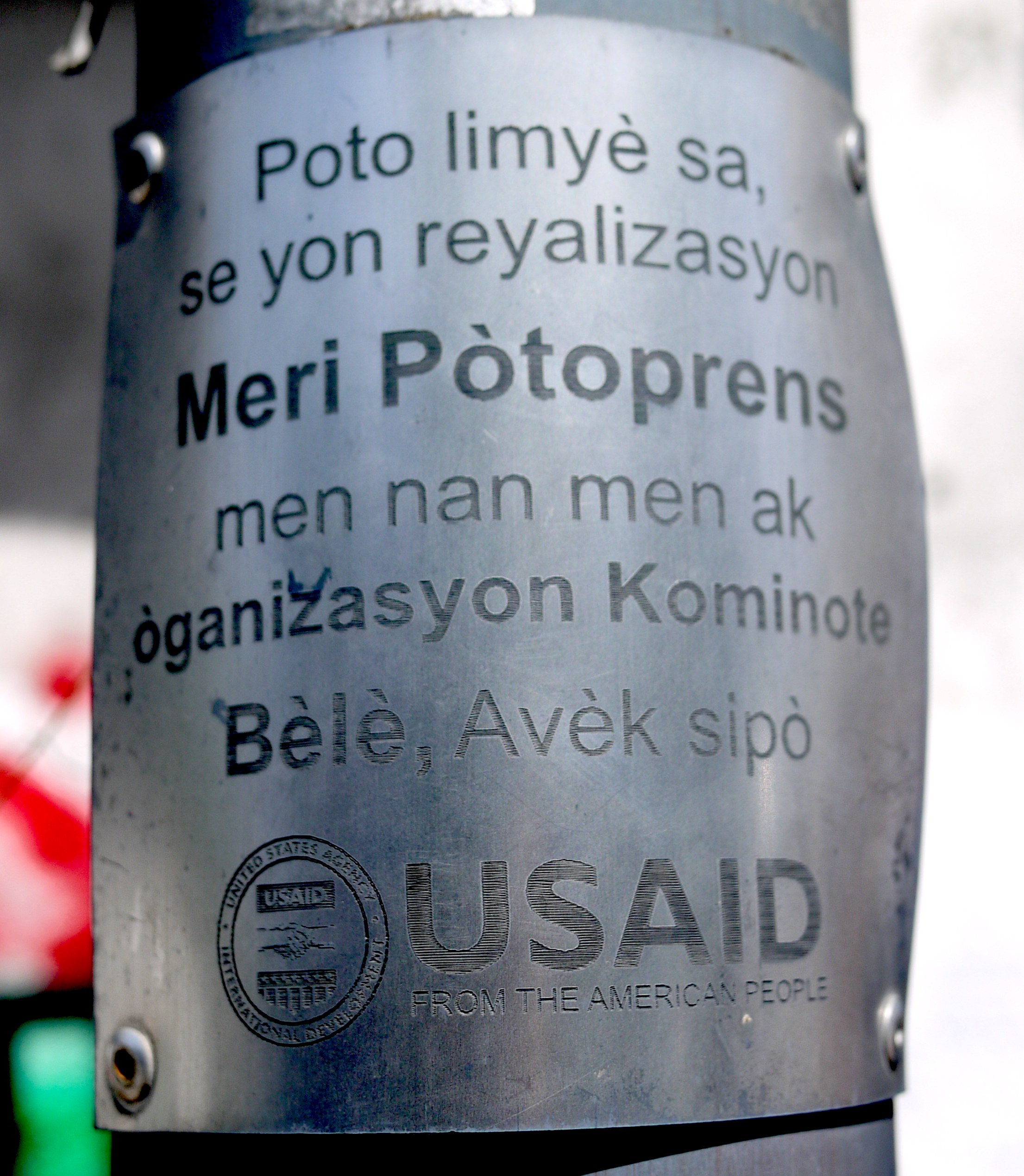Street Sovereigns: Young Men and the Makeshift State in Urban Haiti






















All pictures available for download in Teaching Resources.
"Street Sovereigns contains depth and complexity of analysis of the subject matter, as well as lyrical and at times poetic narrative."
Robert Maguire, Former Director of GWU's Latin America and Hemispheric Studies Program.
How, and at what cost, do people improvise political communities in the face of state collapse? Though a detailed ethnographic account, Street Sovereigns reveals how young men on the margins of urban Haiti seek power and respect by positioning themselves as chiefs of zones where the government is largely absent. “We make the state,” as they say.
Moving beyond analyses that understand these groups—what are called the baz (base)—as apolitical, criminal gangs, Street Sovereigns argues that they more accurately express a novel mode of street politics that has resulted from the articulation of liberalizing regimes of governance and development with longstanding practices of militant organizing in Haiti. The baz exemplifies an innovative and effective platform for intervening in the contemporary political order, while at the same time reproducing gender and generational hierarchies and precipitating conflicts that exacerbate neighborhood insecurity.
Still, through the continual effort to reconstitute a state that responds to the needs of the urban poor, this story offers a poignant lesson for political thought: one that counters prevailing modes of thinking the state as that which should be flouted, escaped, or dismantled. The baz project reminds us that in the stead of a vitiated government and public sector the state resurfaces as the aspirational bedrock of the good society.